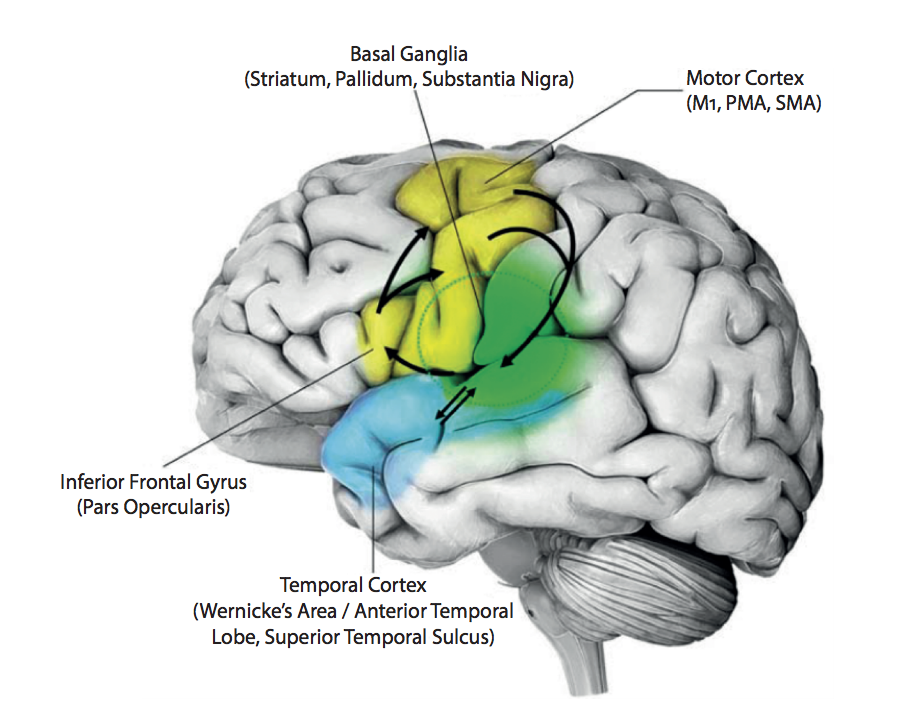Abstract: Systemic Functional Linguistics (SFL) has long been characterized by its open- ness towards contributions from other elds. However, it has remained virtually uninformed by neuroscience. Such a disconnection has become all the more un- fortunate since SFL ventured into the cognitive domain (Halliday & Matthiessen 1999). Opening a new avenue of disciplinary interaction for SFL, this paper reviews experimental studies on the neurocognitive basis of processes and verbs of doing, highlighting their manifold implications for the theory. Available data corroborates the SFL assumptions that these processes and verbs are (i) concep- tually di erent from participants and nouns, (ii) functionally distinguishable from other process and verb types, and (iii) non-arbitrarily related to each other. Moreover, the evidence shows that (at least some of) the conceptual distinctions within semantics are naturally grounded in more basic (motor and perceptual) neurocognitive distinctions. is, we propose, calls for an elaboration of the strati ed SFL model via the inclusion of a sensorimotor stratum. More gener- ally, the article seeks to foster an empirically sound and theoretically relevant dialogue between SFL and promising approaches within cognitive neuroscience.


